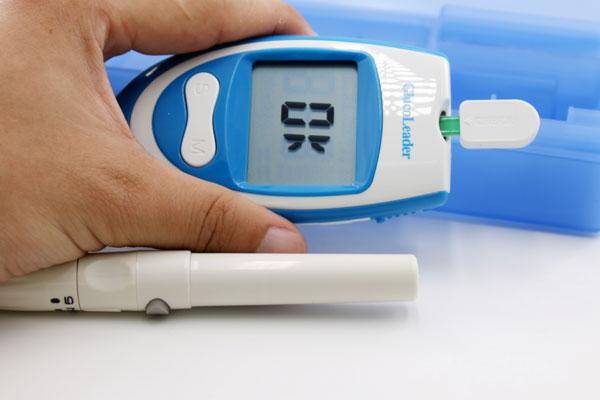Living conditions have greatly improved now, but many people have experienced suboptimal health conditions. High blood sugar is a common issue, no longer limited to the elderly; even young individuals encounter this problem. The root cause is often related to daily diet. The good news is that what causes the issue can also aid in its reversal! Individuals with high blood sugar can potentially bring their levels back to normal by discovering and regularly consuming several natural “insulin” sources found around them.
What foods can individuals with high blood sugar frequently consume to stabilize their levels?
Have you ever tried eating amaranth? As people’s awareness of health preservation grows, the consumption of this “wild vegetable” has become increasingly popular. It is rich in nutrients and for individuals with high blood sugar, regular consumption may reduce cell damage, promote metabolism, and stabilize blood sugar levels.
Another beneficial option is consuming buckwheat. It contains a unique component that aids in lowering blood sugar levels, softening blood vessels, facilitating the elimination of toxins and waste from the body, accelerating metabolism, assisting the body in better sugar breakdown. Individuals with high blood sugar can soak buckwheat in water and drink it regularly to potentially restore blood sugar levels to normal and alleviate constipation.
Regarding mulberry leaves, many people are likely familiar with their benefits. If individuals with high blood sugar frequently drink mulberry leaf-infused water, it can help in reducing blood sugar levels. Mulberry leaves contain a special substance that stimulates pancreatic insulin release, effectively lowering blood sugar levels. Drinking a cup of mulberry leaf tea approximately half an hour after meals daily may effectively stabilize blood sugar levels and aid digestion.
Seaweed is also recommended for regular consumption. Its low content of fat and protein is compensated by its high mineral and trace element content, particularly iodine. Iodine ingestion can promote sugar metabolism, enhance overall metabolism, thus significantly contributing to lowering blood sugar.
However, foods like cakes, sweet drinks, etc., should be avoided whenever possible. These items not only contain high levels of sugar, which can affect blood sugar values, but also easily lead to weight gain and other metabolism issues.
In addition to adjusting diet and consuming these recommended foods, individuals with high blood sugar should adopt a habit of eating more “coarse” foods and limiting refined food intake. Consuming the same amount of food, refined foods inherently contain higher sugar content than coarse grains. It’s also advisable to moderate food intake, control diet, and maintain a reasonable body weight.
Other factors to consider include moderate exercise, which significantly contributes to lowering blood sugar, promoting blood circulation, metabolism, and the consumption of sugar and fat. However, given individual differences, the choice of exercise should be personalized based on one’s physical condition to achieve effective blood sugar reduction.
Emotional well-being also plays a significant role in blood sugar levels. Individuals with high blood sugar should strive to maintain a calm mindset, avoiding extreme emotional fluctuations. Additionally, regular blood sugar monitoring is essential for timely understanding and adjusting one’s blood sugar management strategies to stabilize it within the normal range.
In conclusion, the aforementioned foods can be a boon for individuals with high blood sugar. Regular consumption, combined with the mentioned actions, might gradually bring blood sugar levels back to normal, helping prevent various health risks.


